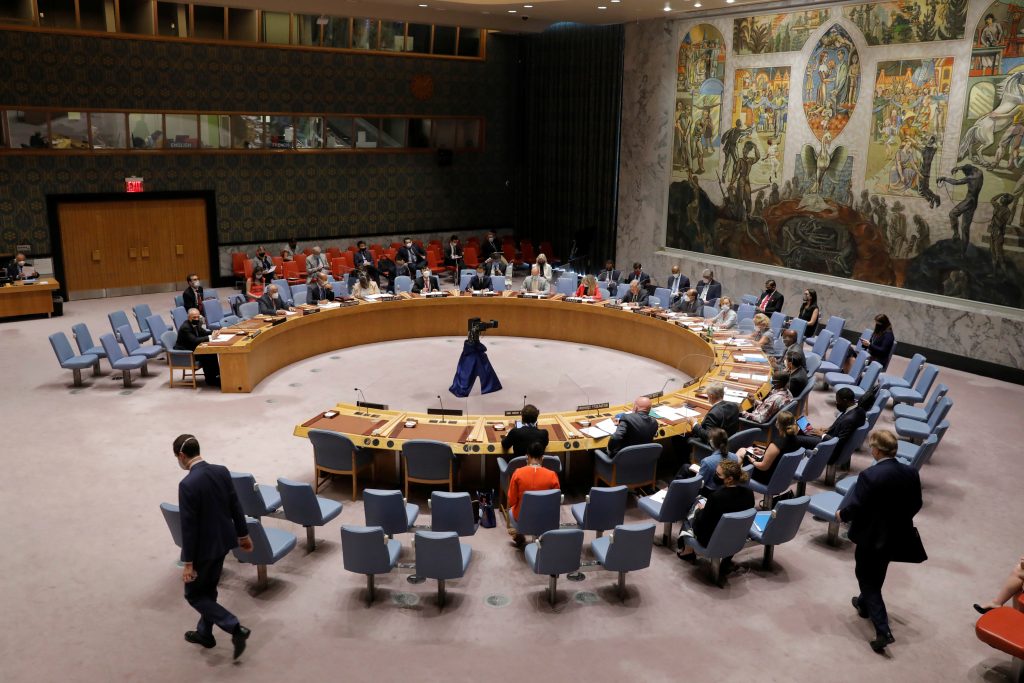With 13 votes in favor and two abstentions, the Council “decided to extend until 12 March 2024 the mandate of the panel of experts originally appointed under resolution 1591 of 2005 and previously extended” by a number of successive texts voted against Sudan over the past 18 years, according to the new resolution 2676.
Read More: UNHCR Warns of Humanitarian Crisis In Somaliland
These panels of experts are charged by the UN Security Council with monitoring the implementation of arms embargoes and economic sanctions imposed on a number of countries in crisis or conflict situations.
Russia abstained from the vote on Wednesday and its Foreign Minister Sergei Lavrov, who was in Khartoum in early February, said he supported Sudan’s call to lift the UN sanctions. He also defended the operations of the paramilitary group Wagner in Africa in the face of the “terrorist” threat.
His deputy ambassador to the United Nations, Dmitri Polianski, accused “the United States of having decided to force a vote on the text” and considered it “unacceptable that the Security Council sanctions be used as punitive measures.
Read More: Kenya Set to Expand Use of World’s First Malaria Vaccine
Similarly, the representative of China, Geng Shuang, abstained because these “sanctions are outdated and should be lifted in light of the improvement of conditions on the ground” in Darfur.
Sudan is under a series of sanctions and an arms embargo imposed in 2005 by the UN during the conflict in Darfur, in the west. The economy of this large East African country, one of the world’s poorest, has been rendered bloodless by years of U.S. economic sanctions under Omar al-Bashir.
Read More: President Of Benin Patriace Talon Meets With Macron in Paris
The post-Bashir democratic transition offered hope: in 2020, Washington removed Sudan from its list of state sponsors of terrorism and international aid returned — $2 billion annually.But the October 25, 2021 coup led by army chief General Abdel Fattah el-Burhane interrupted that transition and the flow of aid, which will only resume if civilians regain power, donors warn.
